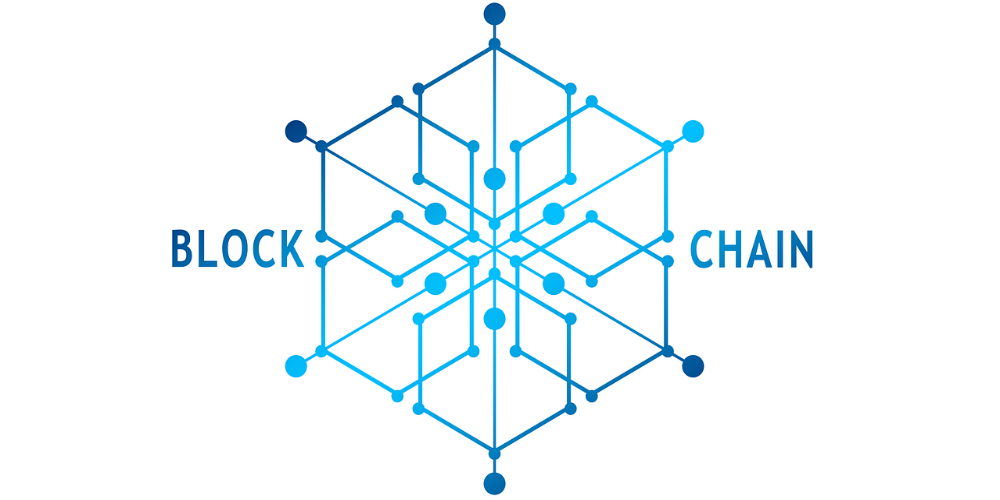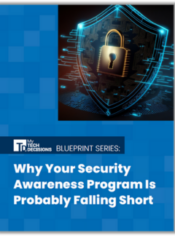According to The Next Web, Sony is putting its content rights management on the blockchain. The shift will take place after Sony forms a partnership with itself, between Sony Corporation, Sony Music Entertainment and Sony Global Education.
The blockchain will supposedly enable Sony to record its content in an immutable way, since the rights management will focus on “written works.” “Blockchains create networks where programs and information are difficult to destroy or falsify, and are well-adapted for the free transfer of data and rights,” Sony said in its recent announcement of the move to blockchain. “Those traits give blockchains many potential uses across a range of services including finance, merchandise distribution management, and the sharing economy, and blockchains are expected to bring about even more innovative services in the future.”
When functional, it appears that Sony’s blockchain system will be used for other types of digital content, including e-books, educational content, music, films, VR content, and more. The blockchain will also include features that demonstrate the date and time that electronic data was created, identify previously recorded works, and allow participants to share and verify when a piece of electronic data was created. Plus, the system will automatically verify the rights of a piece, which has been a tough feat in the past.
The Next Web also says that Sony isn’t a stranger to the blockchain space; earlier this year, the tech giant joined forces with IBM to develop “a digital system that chronicles and organizes digital educational records on a blockchain,” including degrees and test results. Similar to its newest initiative, this blockchain solution enables companies and institutions to share information instantaneously, rather than sending communications back and forth.
This development, with a dash of artificial intelligence, also sparked potential for curricula development, too: “With the help of AI, companies and college-level institutions could even analyze the blockchain to come up with ideas that could help improve educational institutions and their curriculums,” The Next Web says.
If you enjoyed this article and want to receive more valuable industry content like this, click here to sign up for our digital newsletters!










Leave a Reply